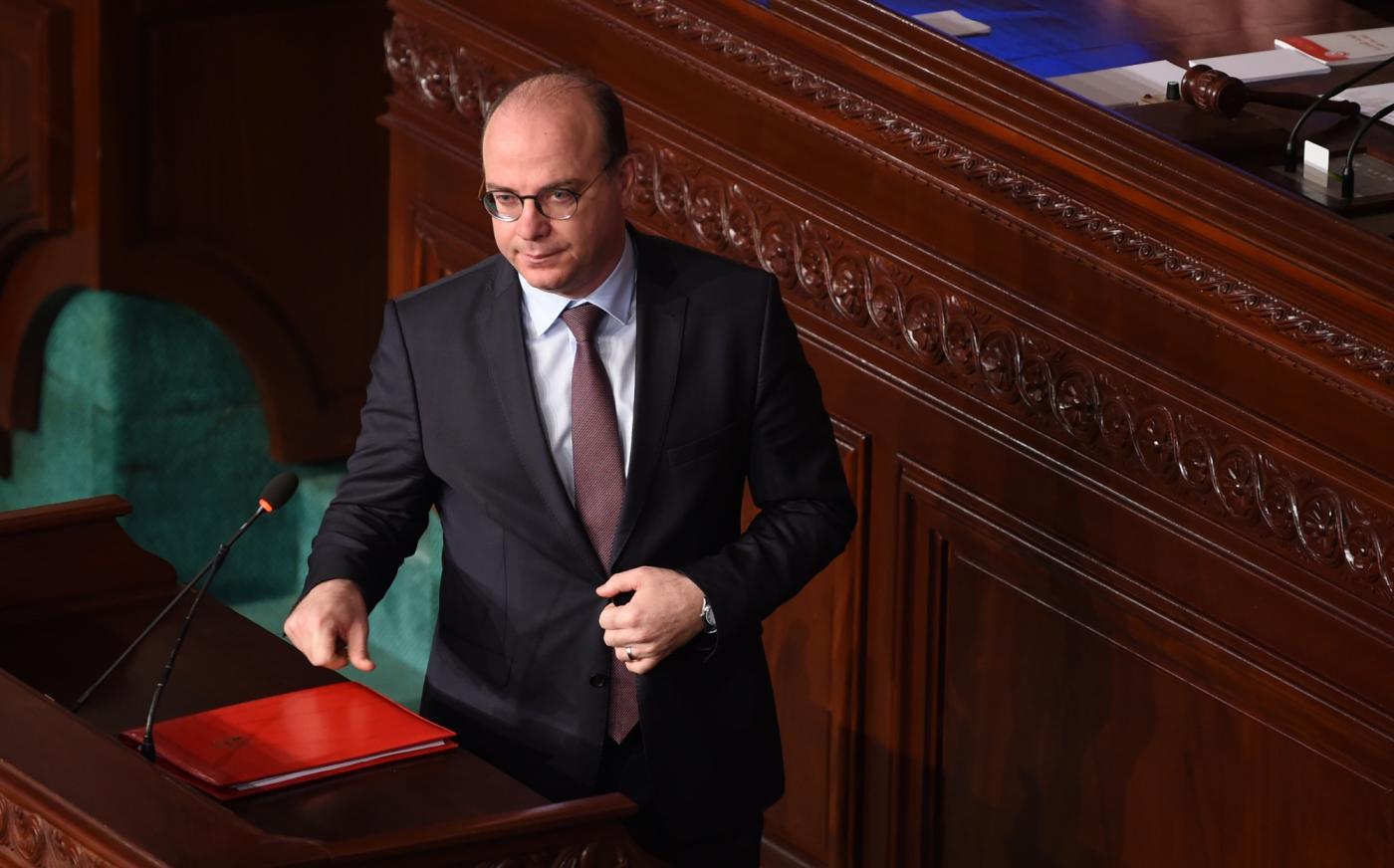Tunisia’s prime minister quit Wednesday after less than five months in office, threatening fresh political deadlock as the North African nation battles the economic fallout from the coronavirus pandemic.
Elyes Fakhfakh‘s resignation came as a political row deepened with the Islamist-inspired Ennahdha party, the largest in parliament, over allegations of conflict of interest.
“To avoid conflicts between institutions in the country, prime minister Elyes Fakhfakh has presented his resignation to President Kais Saied, in order to open a new path for him to get out of this crisis,” Fakhfakh’s office said in a statement.
Relations between the 47-year-old outgoing premier and Ennahdha have been strained since October legislative elections.
Ennahdha earlier Wednesday tabled a no-confidence motion against Fakhfakh, who took office in late February after winning approval from a fragmented parliament following four months of deadlock.
Ennahdha came top in the October polls but fell far short of a majority — holding 54 of 217 seats in parliament — and eventually agreed to join a coalition government.
“Ennahdha was forced to accept (a coalition government) to avoid new elections,” said political analyst Chokri Bahria.
“But the party finds itself in a government with which it has difficulty dealing and in which it has little clout,” he added.
Dashed Post-Revolution Hopes
Ennahdha had initially nominated an independent for premier but he failed to win the support of parliament, leading the president to name former finance minister Fakhfakh for the post.
Saied now has 10 days to nominate a new prime minister, according to the presidency.
Under the constitution, the president must first hold consultations with political parties. His candidate has one month to win the backing of a divided parliament.
Tunisia has been praised as a rare success story for democratic transition after the Arab Spring regional uprisings sparked by its 2011 revolution.
But its leaders have struggled to meet the expectations of the Tunisian people and the already fragile economy has been battered by the closure of the country’s borders due to the novel coronavirus pandemic.
The illness has claimed around 50 lives and infected more than 1,300 people in Tunisia.
Fakhfakh, the leader of a small social democratic party, has come under a parliamentary investigation over alleged failure to hand over control of shares he owns in private companies that have won public contracts in recent months.
“The economic and social situation is very serious and can only be overcome by a government whose head is not suspected of any conflict of interest,” an Ennahdha senior official, Abdelkarim Harouni, told a news conference on Monday.


